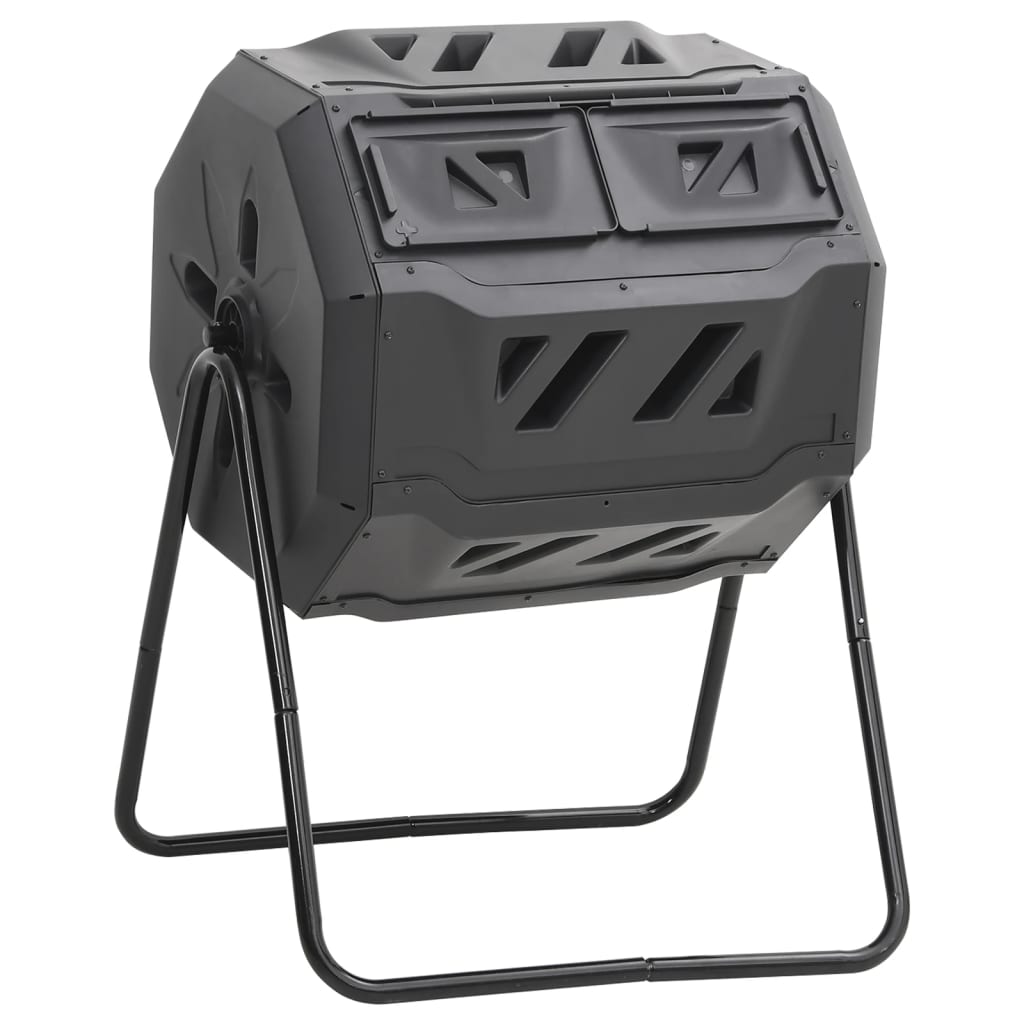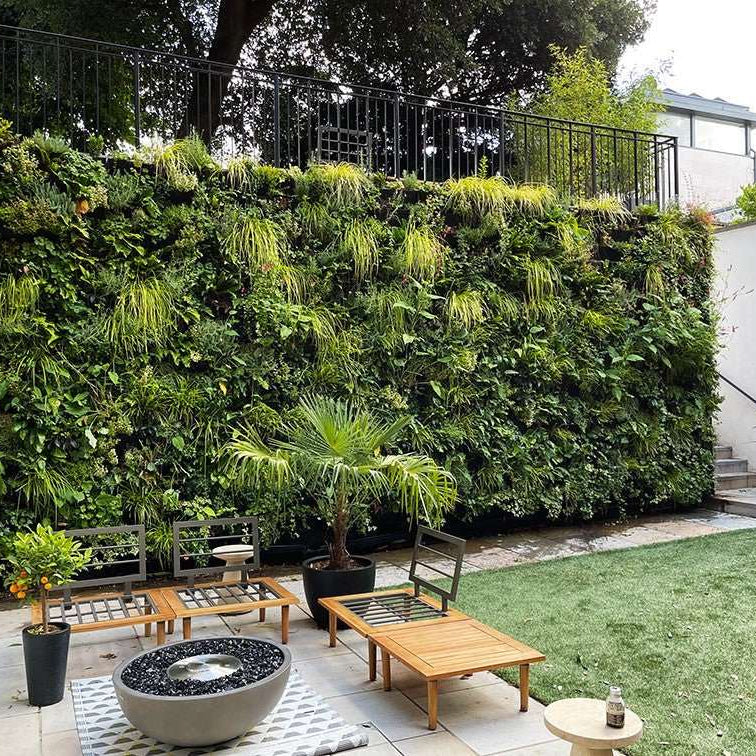Garden Composters
Sorry, there are no products here.
Reset
Garden Composters
Making your own garden compost is not only an environmentally friendly practice but also a cost-effective way to enhance the health and fertility of your garden soil. Composting is the process of decomposing organic waste materials into nutrient-rich humus, which can be used as a natural fertilizer for plants. By diverting kitchen scraps and yard waste from landfills and turning them into compost, you can reduce waste, conserve resources, and create a sustainable cycle of growth in your own backyard. In this guide, we will walk you through the process of making your own garden compost, step by step.
1. Selecting a Compost Bin
The first step in making your own garden compost is to choose a suitable compost bin. There are various options available, such as stationary bins, tumblers, or modular systems.
Consider the size of your garden and the amount of waste you generate to determine the appropriate bin size. Ensure that the bin has good ventilation and drainage to facilitate the decomposition process. Additionally, consider the aesthetics and location of the bin, as you may want it to blend with your garden or be easily accessible.
2. Collecting Compostable Materials
To create a balanced compost pile, you'll need a mixture of brown and green materials. Brown materials include dry leaves, straw, shredded newspaper, and cardboard, which provide carbon. Green materials, such as fruit and vegetable scraps, coffee grounds, grass clippings, and garden trimmings, provide nitrogen. Avoid adding meat, dairy products, and oily foods, as they can attract pests and slow down the decomposition process.
3. Building and Maintaining the Compost Pile
Begin the composting process by layering your compost bin with a 6- to 8-inch mixture of brown and green materials. Alternate layers of brown and green, ensuring each layer is moist but not saturated. Adding water occasionally will help maintain proper moisture levels. As you add more materials, occasionally turn the pile with a garden fork or shovel to provide aeration, which encourages microbial activity and decomposition.
It's crucial to maintain the right balance of moisture and aeration in the compost pile. If the pile becomes too dry, sprinkle it with water. If it becomes too wet or starts to smell, add more brown materials to absorb excess moisture and improve airflow. Regularly turning the pile every few weeks will speed up the decomposition process and help produce compost more quickly.
4. Allowing the Compost to Mature
The composting process typically takes between three to six months, depending on various factors such as temperature, moisture, and the size of the materials. During this time, the organic matter will break down into dark, crumbly compost.
Compost Tumblers should give you ready to use compost quicker.
To accelerate the process, you can occasionally sprinkle the pile with a compost activator or add finished compost as an inoculant.
Once the compost has matured, it should have an earthy smell and a uniform, fine texture.






